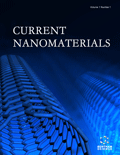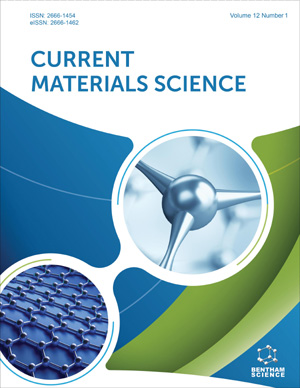Abstract
Background: Calcium phosphates are chemically similar to bone minerals. The biocompatibility, bioactivity, and high similarity of these substances to body organs such as bone have made them a good choice for disease diagnosis and treatment. Here, the main use of calcium phosphates is diagnosis and treatment of cancers. Hydroxyapatite is a bioactive material with a high affinity for DNA and protein. Recently, hydroxyapatite nanoparticles exhibit different properties than those of bulk hydroxyapatite in chemistry and biology. In general, the anticancer effects of hydroxyapatite nanoparticles have been attributed to high amounts of endocytosis in cancer cells and inhibits of protein synthesis in cells.
Methods: Herein, we evaluated the structure, properties, and methods of synthesis of hydroxyapatite nanoparticles. Moreover, the mechanism of inhibition of hydroxyapatite nanoparticles on cancer cells and recent advances in this field have been examined.
Conclusion: Hydroxyapatite nanoparticles had the ability to eliminate the development of cancer cells in vitro and in vivo. In the live tissue environment, injection of hydroxyapatite nanoparticles at the tumor’s surrounding area had a significant decrease in tumor size (about 50%).
Keywords: Nanotechnology, calcium phosphate, hydroxyapatite nanoparticles, cancer cell, cancer treatment, inhibitory effect
Graphical Abstract

















